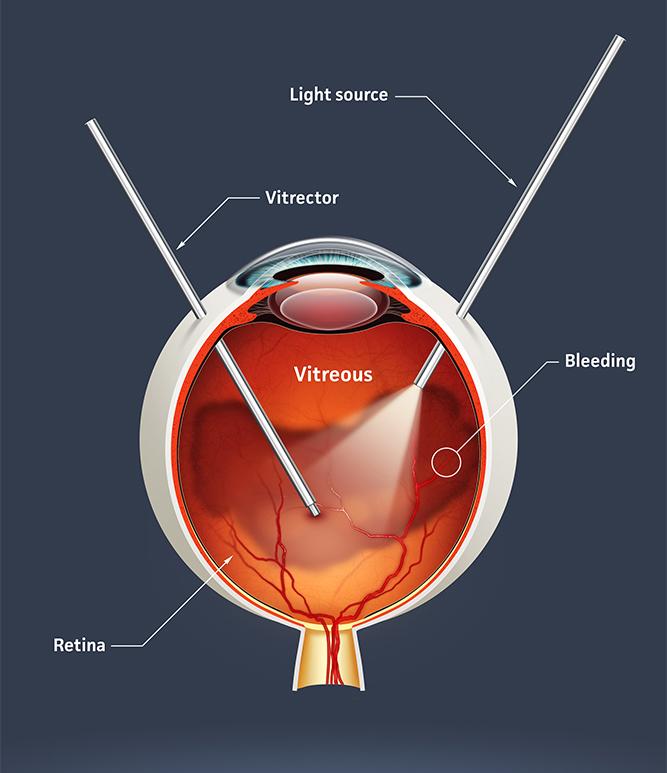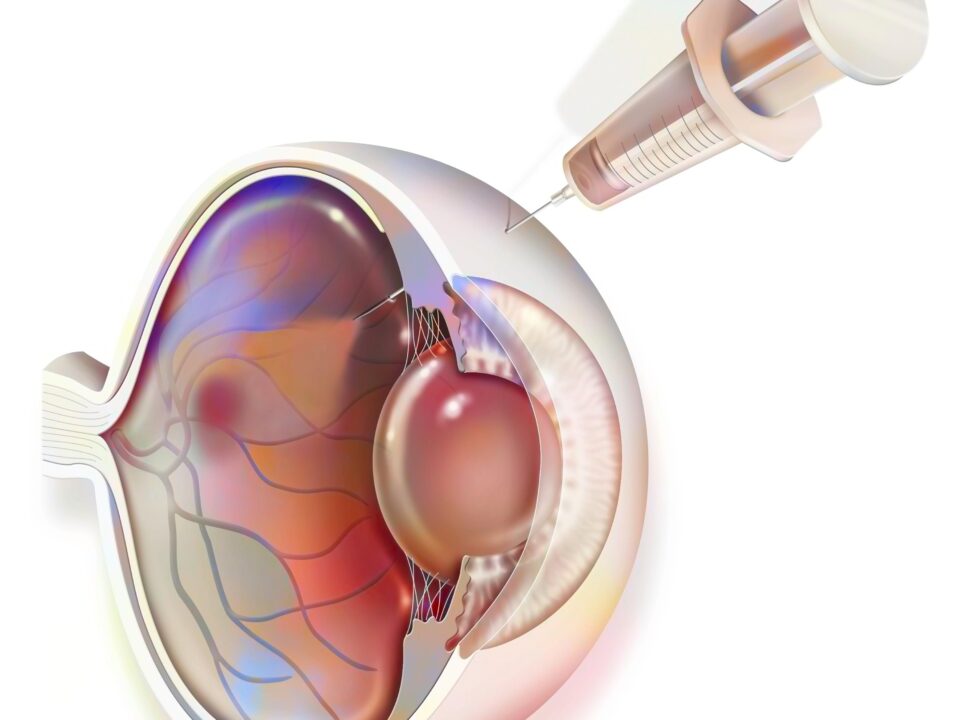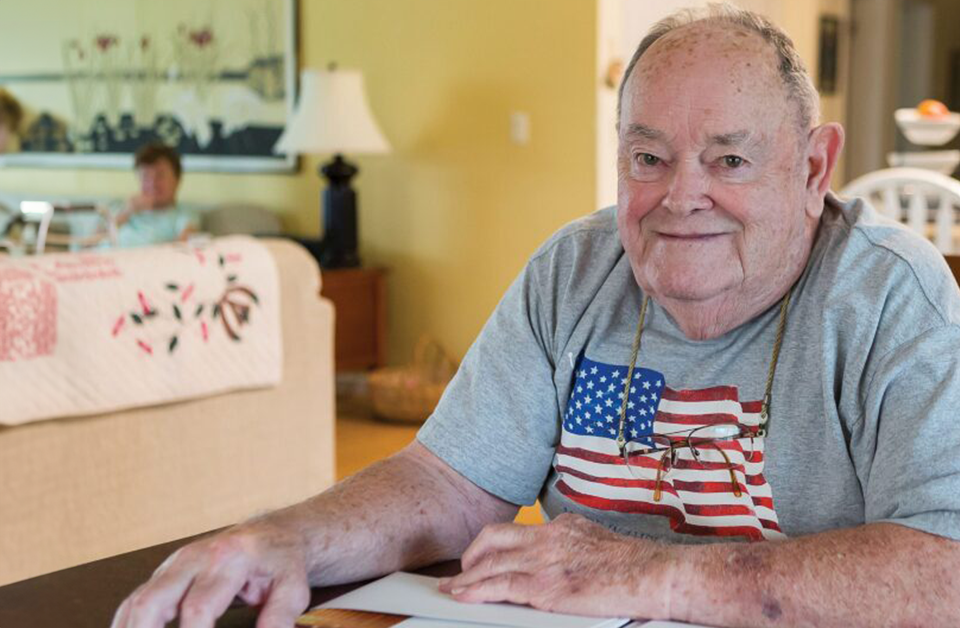

COURTESY PHOTO
When Martin* was 6 years old, he traveled out of state by airplane to visit his grandmother. After that trip, he became obsessed with the idea of piloting an aircraft. After receiving training in the Air Force, he worked as a commercial airline pilot for 25 years before retiring in 2021 at age 55.
“I absolutely love to fly,” Martin gushes. “I would have continued as an airline pilot, but I was getting older, and the hectic schedule was beginning to affect my concentration. I flew a lot of cross-country and overseas routes, so I had to deal on a regular basis with jet lag and fatigue, which was wearing me out. I thought it best if I retired.”
Martin is making good use of his freedom in retirement. He spends most of his time doting on his three grandchildren. He also golfs three times a week, walks five miles every day and works part time delivering flowers for a local florist. He and his wife like to travel, although Martin gets a little itchy sitting on a plane outside the cockpit.
“All three grandkids are under 4, so they’re at a very cute age,” Martin shares. “They like it when I read to them. That’s one of my main grandpa duties, in addition to spoiling them with lots of hugs, kisses and toys.”
While reading to his grandchildren in August, Martin began noticing changes in his vision that concerned him.
“My eyesight became blurry.” he reports. “I couldn’t see straight ahead through my left eye. When I looked directly at objects, they were distorted and out of focus. I was worried so I went to my regular eye doctor. She examined me and then referred me to Dr. Barnard.”
-Martin
“A Common Condition”
Thomas A. Barnard, MD, is a board-certified, fellowship-trained retina specialist at Florida Retina Institute, which has offices in Titusville, Orange City, Lake Mary and other locations throughout the state.
“Martin presented to our clinic with blurriness in his left eye and significant distortion of his vision – straight lines appeared wavy to him,” Dr. Barnard recalls. “When we examined him, we noted that the vision in Martin’s left eye had declined to 20/60. After further examination, we discovered he had an epiretinal membrane on his left retina.”
The retina is a layer of nerve tissue in the back of the eye that turns the light entering the lens into electrochemical signals that are transmitted to the brain. The brain converts those signals into visual images.
An epiretinal membrane, also known as macular pucker, affects the macula, the center of the retina responsible for straight-ahead vision.
“Epiretinal membrane is a common condition in which a layer of cells grows over the surface of the retina and forms scar tissue that contracts the retina” Dr. Barnard explains. “Imagine the retina as wallpaper. The scar tissue on its surface can pull on the wallpaper, which distorts the pattern. A contracted retina causes distorted and blurry vision.”
According to the American Society of Retina Specialists, 2 percent of people over age 50 and 20 percent of people over age 75 have an epiretinal membrane. It affects men and women equally, and the cause is unknown. In most cases, symptoms are mild and never get to a point that surgical treatment is necessary.
“In probably 80 to 90 percent of people who have an epiretinal membrane, there are no significant visual symptoms, and it would never cause the person to go blind,” Dr. Barnard asserts. “But for 10 to 20 percent of people, the membrane negatively affects eyesight. These people typically require surgery to remove the membrane and restore clear vision.”
The surgery is called a vitrectomy. During this procedure, the surgeon removes the vitreous, the gel-like fluid that fills the back of the eye, to provide unobstructed access to the retina.
“While the patient lies flat on the surgical table, we look through a microscope to view the back of the eye,” Dr. Barnard describes. “We then use a fancy pair of tweezers to grab the edge of the scar tissue, which looks a little like cellophane on the surface of the retina, and carefully peel it off. The retina then begins to flatten out, and the patient’s vision improves.”
Over time, the space where the vitreous was removed is naturally filled by aqueous, the fluid from the front chamber of the eye.
A vitrectomy to correct an epiretinal membrane takes 15 to 20 minutes to complete and is generally performed as an outpatient procedure in a hospital or surgery center. There’s a very small risk for infection and retinal detachment after surgery.
“Following surgery, we recommend that patients take it easy for a day or two,” the doctor expounds. “After that, they can do whatever they want, and there is typically not much in the way of discomfort.”


COURTESY PHOTO
“Dramatically” Improved
Dr. Barnard performed Martin’s vitrectomy in September. The surgery went well. The epiretinal membrane was removed successfully and, according to the retina specialist, Martin is “doing really well.”
His vision has improved to 20/40, but it is still very early,” Dr. Barnard says. “It takes many months for the retina to smooth out and for the vision to improve. The retina typically recovers very well if the membrane is peeled off successfully.”
Martin is quite pleased with the results thus far.
“The vision in my left eye is not 100 percent yet, but it’s dramatically better than it was before the surgery,” he enthuses. “The blurriness and distortion are almost entirely gone. Dr. Barnard says it takes time for your vision to return to normal, so I know mine will get even better. But I can see clearly enough already to read to my grandkids.”
Martin is grateful for Dr. Barnard’s expertise and superior patient care.
“Dr. Barnard is awesome,” Martin raves. “He’s very knowledgeable, kind and compassionate. He listened to my complaints and explained my condition in terms I could understand. He also did a great job with the surgery. I highly recommend him and Florida Retina Institute to anybody with retina-related issues.”
* Patient’s name changed at his request.











Leave a Reply